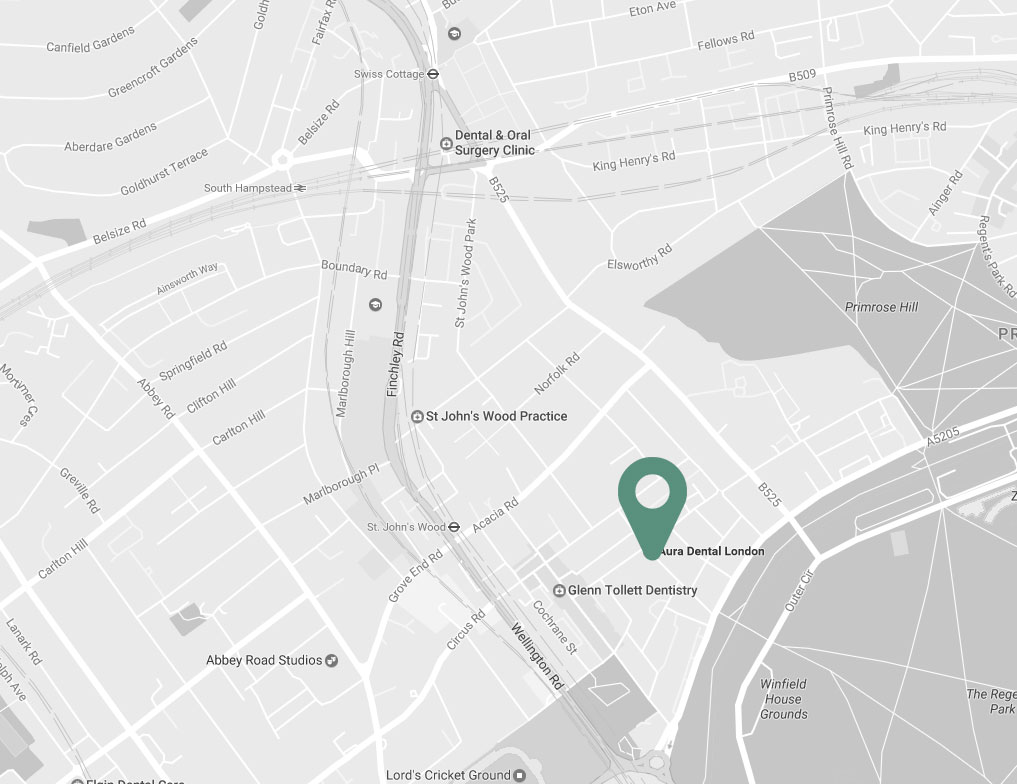
Dysbiosis, aka an imbalance between friendly and pathogenic bacteria in the gut, is one of the major causes of gastrointestinal and almost all chronic conditions, including autoimmune and allergic conditions.
A healthy microbiome is one that has a ratio of 15-85% (“symbiosis”) of pathogens (parasites, pathogenic bacteria, yeast, viruses) to friendly bacteria, aka probiotics. When this ratio is disturbed you will get lots of bothersome gut and non-gut symptoms, like bloating, diarrhoea, flatulence, poor immunity, sleep issues and weight changes.
Dr Metchnikoff, a colleague of Louis Pasteur’s, discovered the benefits of probiotic bacteria which gave him a Nobel Prize. Dr Metchnikoff discovered that probiotics found in fermented foods worked as antibiotics. He also found that specifically, some lactobacilli species (a kind of probiotic) could successfully fight against many pathogenic bacteria. His theory was that these toxins bacteria make, threatened our lives and so anyone with a serious illness/ inflammation should take probiotics.
There are many factors affecting negatively our microbiome. These are the most important ones:
Antibiotics are without doubt the first to negatively affect the gut microbiome, giving rise to pathogens and “killing” some of the friendly bacteria (probiotics). Even with single use of antibiotics, one can end up with IBS overnight.
Antibiotics are very often broad-spectrum, which means they wipe out both friendly and pathogenic microorganisms. As a result, the gut flora gets disturbed, but also the flora in mouth, vagina and skin. This creates a friendly environment for pathogenic bacteria, parasites, viruses and yeast to flourish.
A few parasites are present in most of us and can live in peace with probiotics, causing no issues. However, when the numbers go out of control, they lead to bothersome symptoms, such as bloating, runny stools, poor immunity, tiredness, and weight-loss.
The main problem is the toxins that pathogens produce, which are toxic to us in many ways! These toxins, like LPS, damage the epithelial cells, eventually leading to intestinal permeability (aka “leaky gut”). When the lining of the gut is open, these toxins leach into the blood causing all sorts of problems, like food intolerances, autoimmunity, allergies, brain fog and all sort of gut diseases.
80% of the immune system is found in the gut. When the ratio of good to bad bacteria is affected, our immunity can get seriously affected. Also, about 80% of neurotransmitters, like serotonin and dopamine, are made in the gut, by gut bacteria. If you don’t have enough probiotics no wonder why you feel down, anxious and your sleep is poor.
Analgesics can lead to a never-ending vicious cycle of gut symptoms. Analgesics highly contribute to leaky gut, and deterioration of symptoms in the long term.
Corticosteroids, in specific, when used chronically lead to a poor immune system that is unable to find invaders, like parasites, bacterial pathogens and viruses.
Many more factors! Poor oral health (like no flossing!) and low levels of stomach acid encourage bacterial overgrowth. Poor transit time, aka constipation, also leads to the multiplication of bacteria.
Swap the five-a-day vegetable rule for 10-a-day! Aim for at least 25-35g of fibre per day. The more veggies and of different colours you eat, the better your long-term health. The highest fibre-containing foods are fruit and veggies with skin, as well as nuts, seeds and all legumes (soaked). We have lots of ideas on how to incorporate more fibre and veggies in your diet, for optimal gut flora!
Your gut loves the rainbow: blue, green, purple, red, orange, yellow, and white fruit and vegetables! The more antioxidants you consume the more probiotics you have. Again, we have lots of suggestions in how to increase your consumption of high-antioxidant and brightly coloured foods.
Not only do most packaged foods lack fibre, but they also provide fuel to pathogens.
Toxins found in conventional products (like skin products, cosmetics, and house cleaners), affect our health in many ways including the microbiome. You will get shopping lists, links and recipes for natural products!
Poor sleep distorts the gut flora. A great excuse to get more zzz’s! When you work with me, we go through all the important factors for a good night’s sleep.
Stress increases the release of cortisol from your adrenals, which takes a toll on your microbiome.
Good oral hygiene, like coconut oil pulling and daily flossing is also important.
Together we will look at all the possible underlying causes of your gut dysbiosis, I examine the interactions between hereditary, environmental, emotional and lifestyle factors that can affect gut health. Due to the complexity of the human body, it’s vital to approach your gut health in a holistic, in-depth and comprehensive way. You will receive from me a tailor-made, detailed nutritional, lifestyle and supplement plan that will ensure optimal gut health.


| Charlbert St, St John’s Wood London NW8 7BT |
|
| +30 6977 2099 88 | |
| info@naturopathy-med.com |